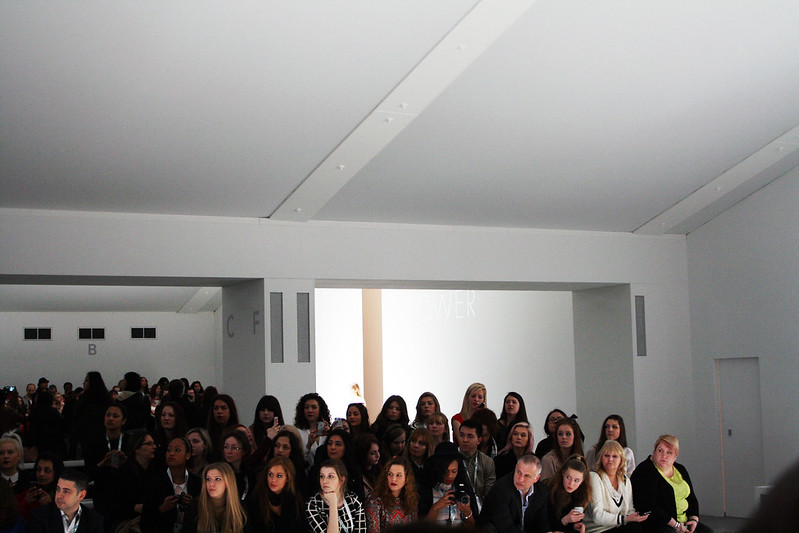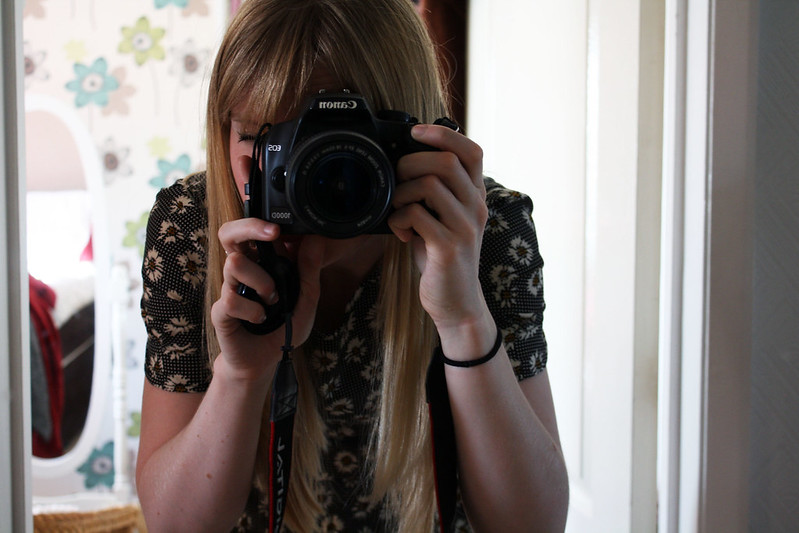 I read this article - copied with kind permission from The Reference Council - today, and found it to be extremely thought provoking. Concerning the return of formerly disgraced designer, Galliano, to the world of fashion, the piece raises the question of whether we, as a society, willingly give a free pass to bad behaviour in the name of creativity. Whether we are allowing Galliano, a man convicted for anti-Semitism, to continue his reign as one of fashion's darlings simply because he has the ability to create things of beauty.
I read this article - copied with kind permission from The Reference Council - today, and found it to be extremely thought provoking. Concerning the return of formerly disgraced designer, Galliano, to the world of fashion, the piece raises the question of whether we, as a society, willingly give a free pass to bad behaviour in the name of creativity. Whether we are allowing Galliano, a man convicted for anti-Semitism, to continue his reign as one of fashion's darlings simply because he has the ability to create things of beauty.Personally, I'm unsure on what I think. While awful behaviour is inexcusable - especially in such an overtly aggressive and needless manner - should it determine whether someone's contribution to the world of creativity is acceptable or not, potentially depriving others of the pleasure they garner from the art created? I'm not sure. On the other hand, should we really offer such praise to those that behave in such a damaging manner to begin with? And are we involuntarily saying that it's OK to disrespect entire sections of society by welcoming Galliano back into the fashion fold? Again, I don't know.
Either way these words offer food for thought, and I'd be interested to hear which side of the argument you fall on.
Happy reading. x
***
It has been dubbed “Margiela Monday.” On the 12th of January, just a few short days away, a new chapter will begin in the story of one of Paris’s most illustrious fashion houses. The clothes, for many, will probably have little significance, with the welcoming of disgraced designer John Galliano back into the fashion fray acting as the main point of interest. For proponents of the idea that fashion holds a mirror to the world – accentuating its beauty and commenting on its flaws – Monday may be a watershed moment.A darling of fashion’s high profile names, Galliano enamoured audiences with his seductive creations for Givenchy and, latterly, Dior. He brought a sense of spectacle to an industry which many felt took itself all too seriously. But things went awry for the English-born designer in 2011 when he was arrested and later convicted of making anti-Semitic remarks in a Parisian bar. He would later blame drink, drugs and stress for his racist outbursts – a similar excuse to that employed by UKIP member, Kerry Smith, at the tail end of last year.
Galliano has since been forgiven by the fashion community and, in subsequent commentary, it has been painted as some sort of one-off, slip of the tongue. And who hasn’t advocated the gassing of the Jews when they’re stressed? Yet, Galliano’s arrest also coincided with the release of a video by a French news website recorded a year earlier in which he berated two females, ranting, “I love Hitler… People like you would be dead. Your mothers, your forefathers would all be fucking gassed.” Not only was this an example of his abhorrent racism, it showed that it was not a one-off. It would not be illogical to assume that there were more cases of Galliano racism than the one caught on film and the incident that resulted in his arrest.
There are few, if any, in the upper echelons of fashion that would deny the industry’s power extends beyond what is taken from the runway and sold in stores. Consumerism aside, fashion’s vanguard would argue that the discipline is part of a wider intellectual discourse – an integral aspect of contemporary culture which informs aspects of western life. How we dress and, therefore, how we help define our ideas of identity extend into wider social and moral issues. And those who champion this idea the most, tend to be at fashion’s very core.
On Monday, however, the fashion world will send a message, that racism is ok – as long as you possess a degree creative brilliance – and in doing so, chip away at the ideal that fashion deserves a meaningful voice. As the likes of Anna Wintour and her burgeoning league of disciples have shown through their embracing of Galliano, any power that fashion holds in commenting on issues outwith its own little realm is fast becoming a fallacy. It is not only through the designer’s forgiveness that this has been highlighted, but in the manner which his return has been reported. In the days which followed Margiela’s announcement of their new creative director, much of the commentary from fashion’s leading journalists centred on the fact that Galliano was the antithesis of the company’s founder – not that a man who had declared his love of Hitler was being ushered back in to a position of power, and more gallingly, influence.
If we truly wish to declare that fashion has power beyond the runway and, therefore, its main protagonists have influence – how can we reconcile this with the fact that we’re giving an anti-Semite one of the biggest platforms upon which to communicate? Forgiveness, perhaps? But that can be achieved without giving Galliano a far-reaching voice. Monday will communicate a wider message to those not enamoured with the view that fashion holds a greater power – the message that we are aloof, uncaring of wider issues and ready to ignore any sense of morality at the drop of a lace-embellished hat.
For each person that stands and applauds Galliano’s inevitably tearful bow on Monday, the cultural gravitas of the discipline is diminished in the eyes of the wider world. And with so many high-profile figures clamouring to do so, maybe it’s for the best.

